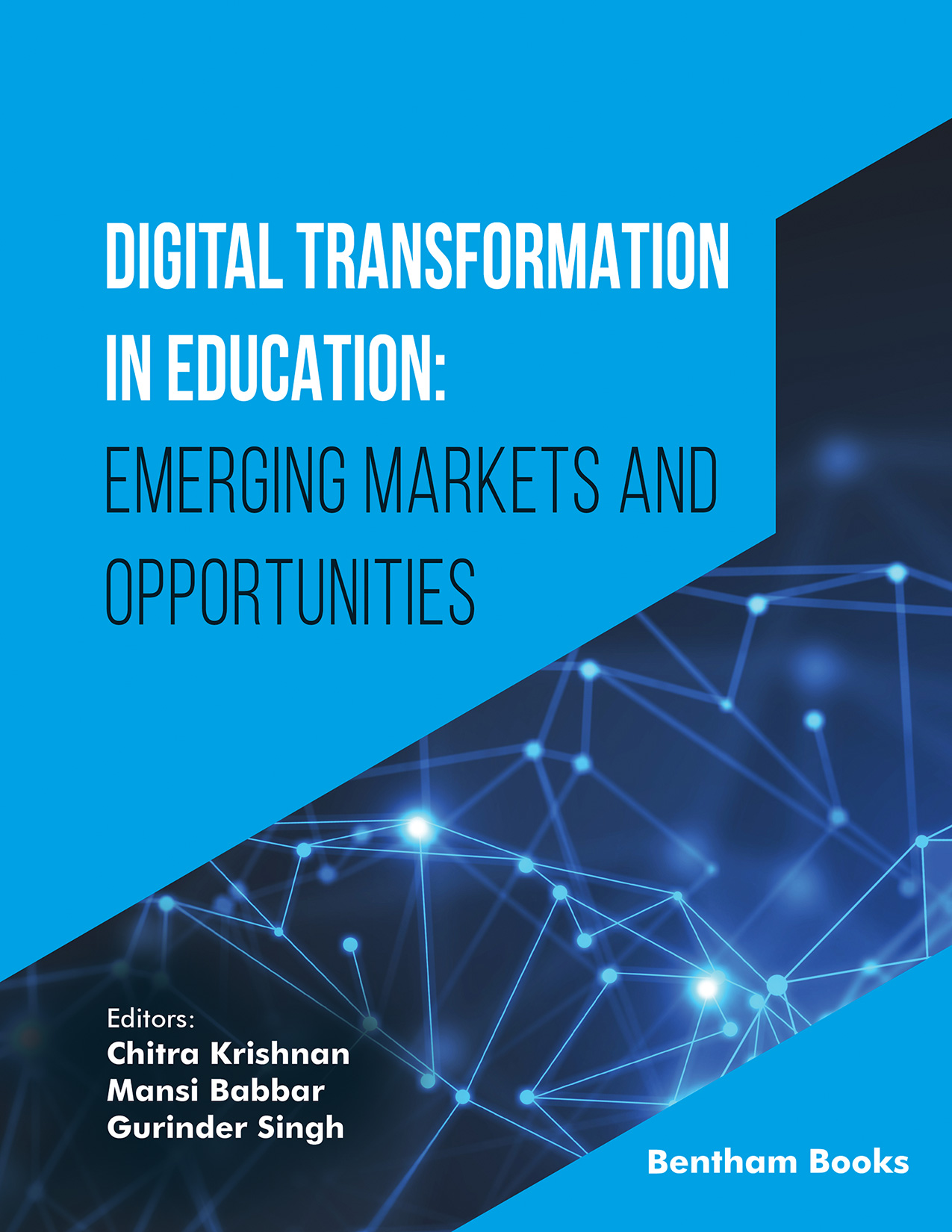Foreword
The intervention of digital technologies including Artificial Intelligence, Blockchain, Robotics, Augment Reality, and Crowdsourcing in the education sector has radically transformed institutions. It has paved the way for the digital transformation of academia. Gone are the days when students used to sit in the classroom and learn solely by listening to lectures. In today's fast-paced life, collaborative and interactive learning has become essential. The phrase “digital transformation” has become so ubiquitous in many industries, yet it has stayed comparatively less common in education. However, the COVID-19 outbreak and its expansion, have placed the necessity of digital transformation into sharp relief because practically all educational institutions had to implement it to some extent. Digital transformation is both a physical alteration and a philosophical shift that strives to establish a learning environment where everything links to meet the continuously changing demands of students, teachers, and institutions.
This Book titled “Digital Transformation in Education: Emerging Markets and Opportunities” reflects the need for digital pedagogy and signifies the true essence of social impact learning during distress in the real sense. I congratulate the esteemed writers to have penned their thoughts on shortcomings and new emerging global educational integrations during the pandemic so vividly. Because of the revolutionary and overpowering character of digital technology, the authors look into it and report on the changing educational environment that is taking place globally. The writers embrace and benefit from such a medium as they bet on its potential to improve education while looking for creative and inspiring procedures and techniques that can alter how students approach their pursuit of education.
With the rising usage of online courses and video conferencing technologies, educational institutions have begun to understand the relevance of digital transformation in the education sector. Educational institutions are viewing technology as a chance to improve teaching strategies and establish effective connections with students. Nowadays, everyone has a smart gadget, including a smartphone, a computer, a laptop, or a tablet. A key strategy for improving student learning is to understand how to use technology to improve teaching approaches. Both students and teachers can improve their abilities to design an interesting educational process with the digitization of the learning process. You may alter your educational institution in a variety of ways, from online learning to foresmart classrooms, performance analysis of your students, individualized learning, and online exams.
The pandemic has given academia a fantastic learning opportunity. It made us reevaluate our presumptions wherein all academic stakeholders accepted new digital ways of working and learning. It inspired us to reconsider the essential elements of the educational process. Digital transformation has created a significant impact by allowing students and educators to reassess the effectiveness of the digital tools they use in the classroom. New levels of innovation and collaboration are being sparked by the use of these digital tools to create a campus with endless learning opportunities. Thus, it is time to move on and develop future educational initiatives using the lessons we have learned over the last two pandemic years.
This book provides precisely such a road map for the future of education, summarizing what we have learned and making recommendations for potential changes that could be made to education in the future to better meet the requirements of an even wider spectrum of students.
Fatma Nasser Al Harthi
University of Technology and Applied Science,
Ibra, Oman

